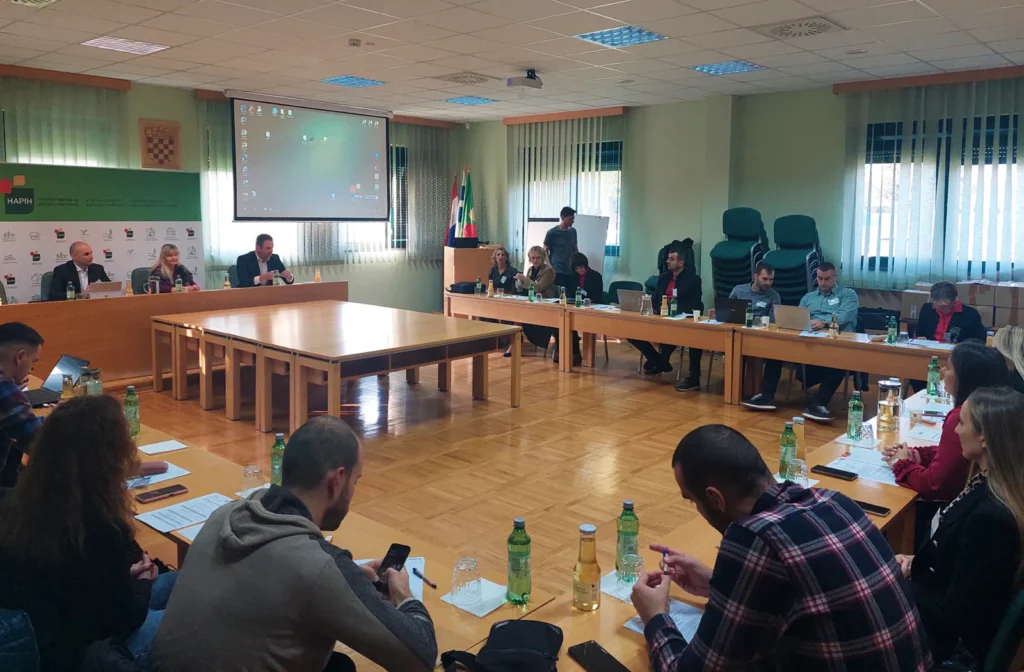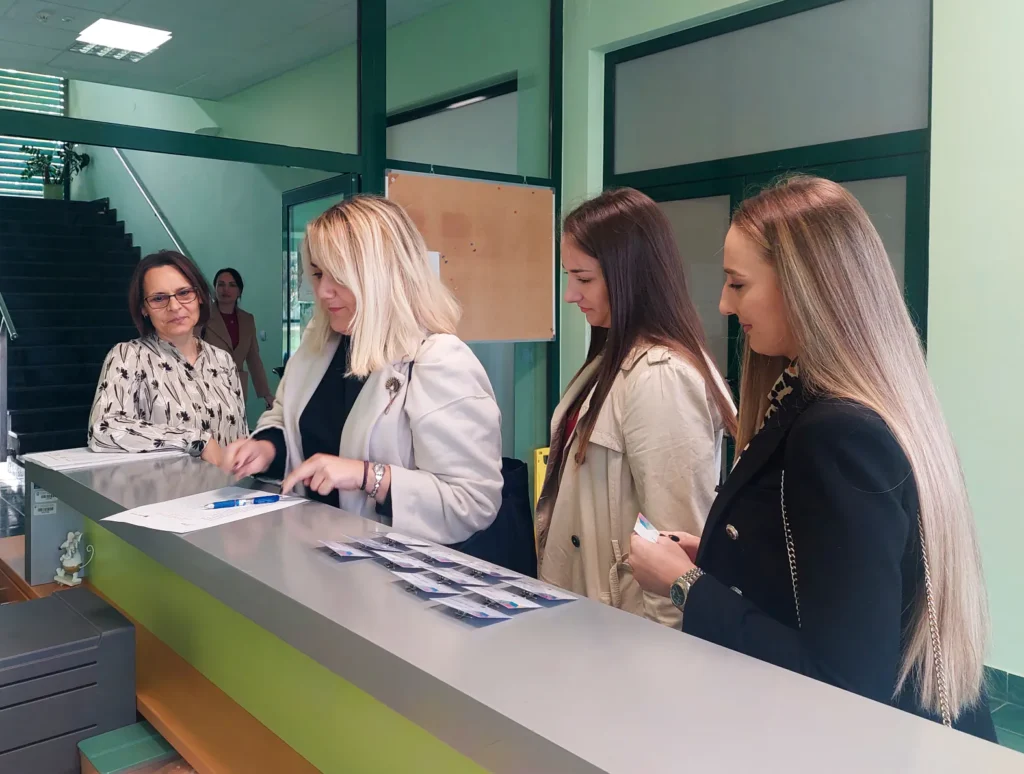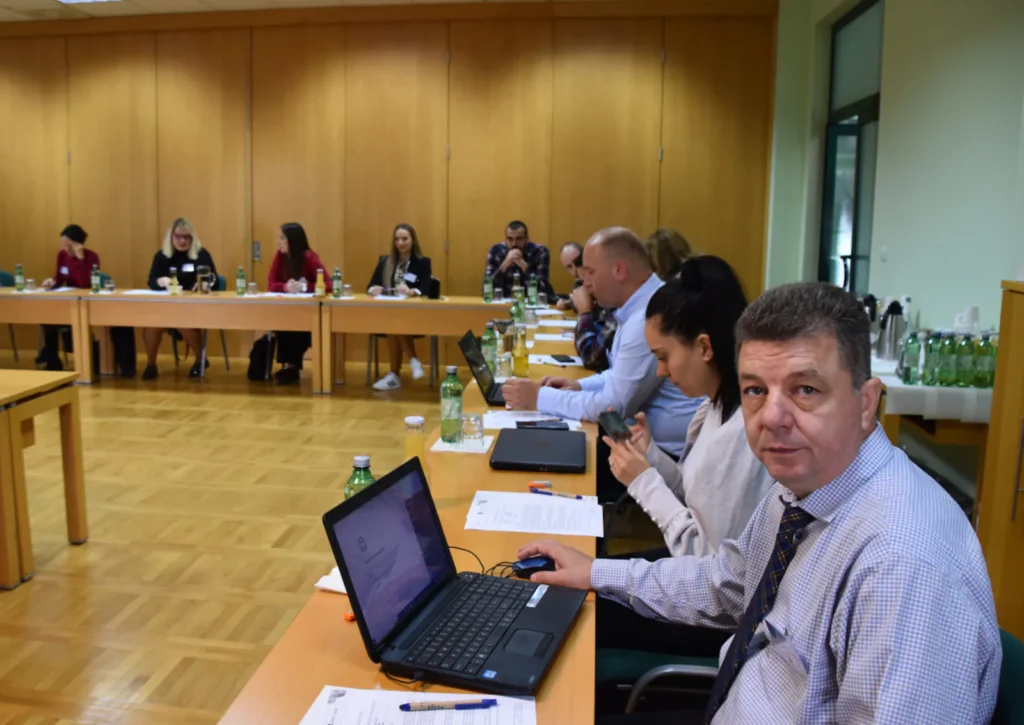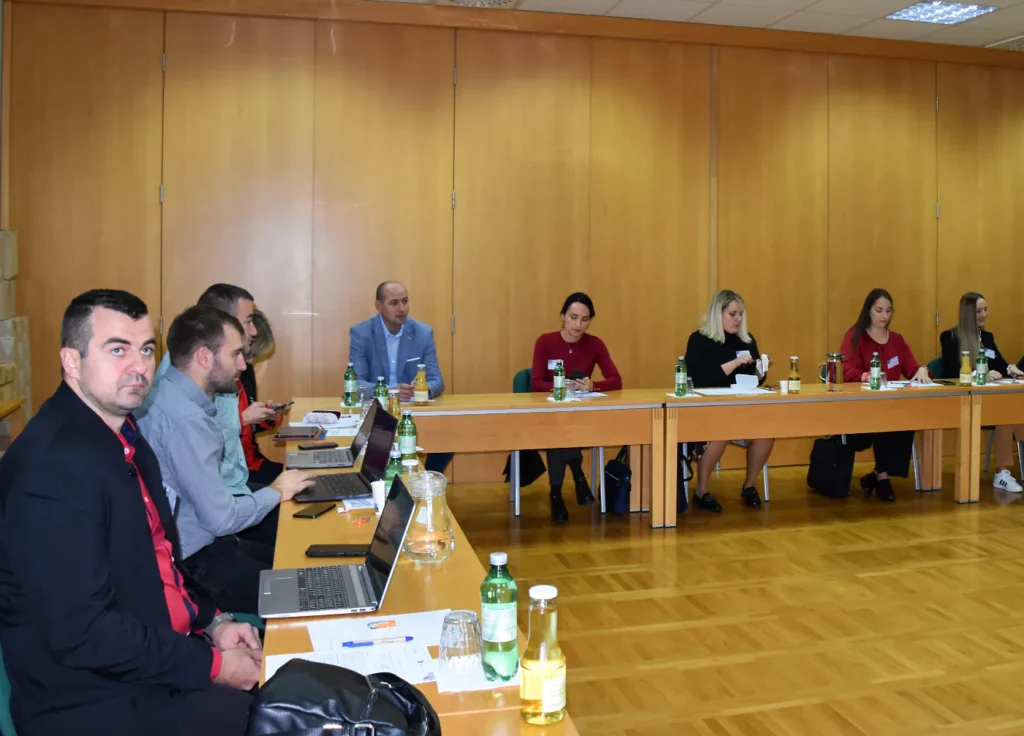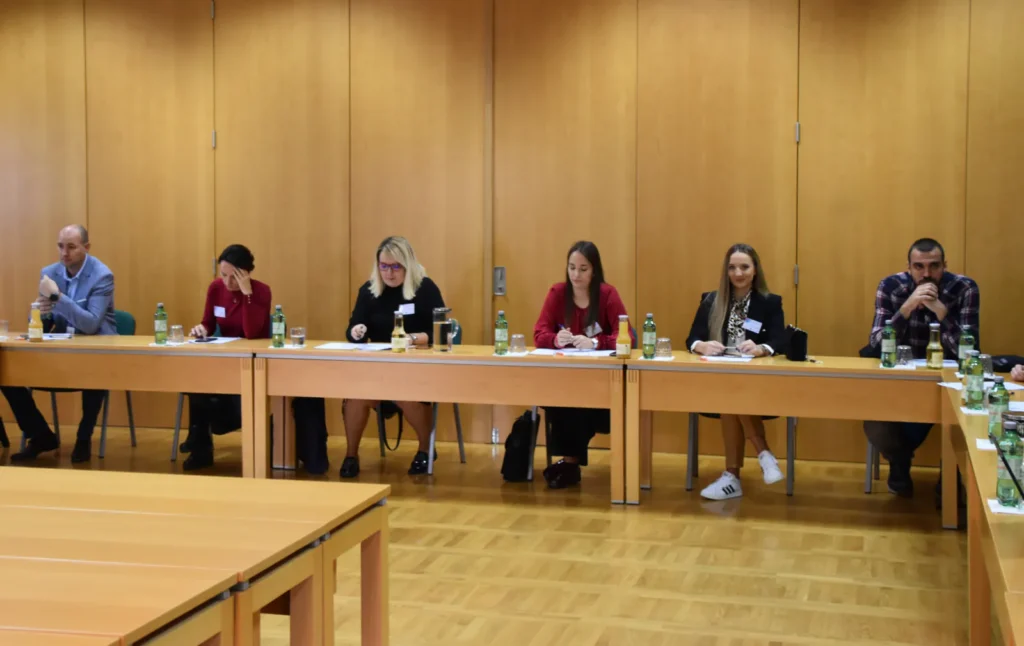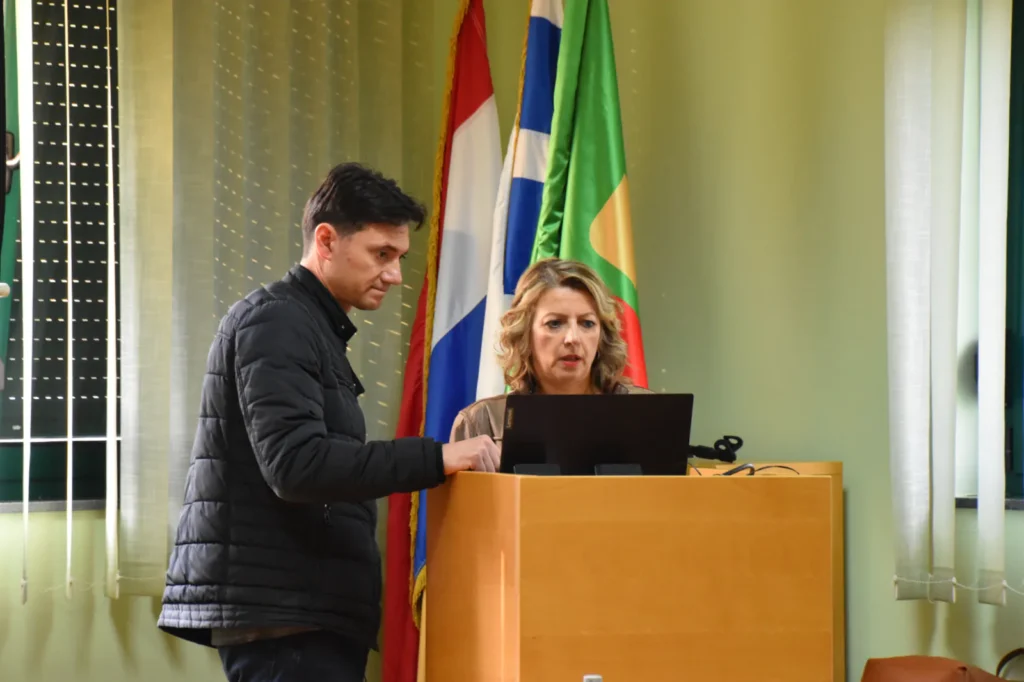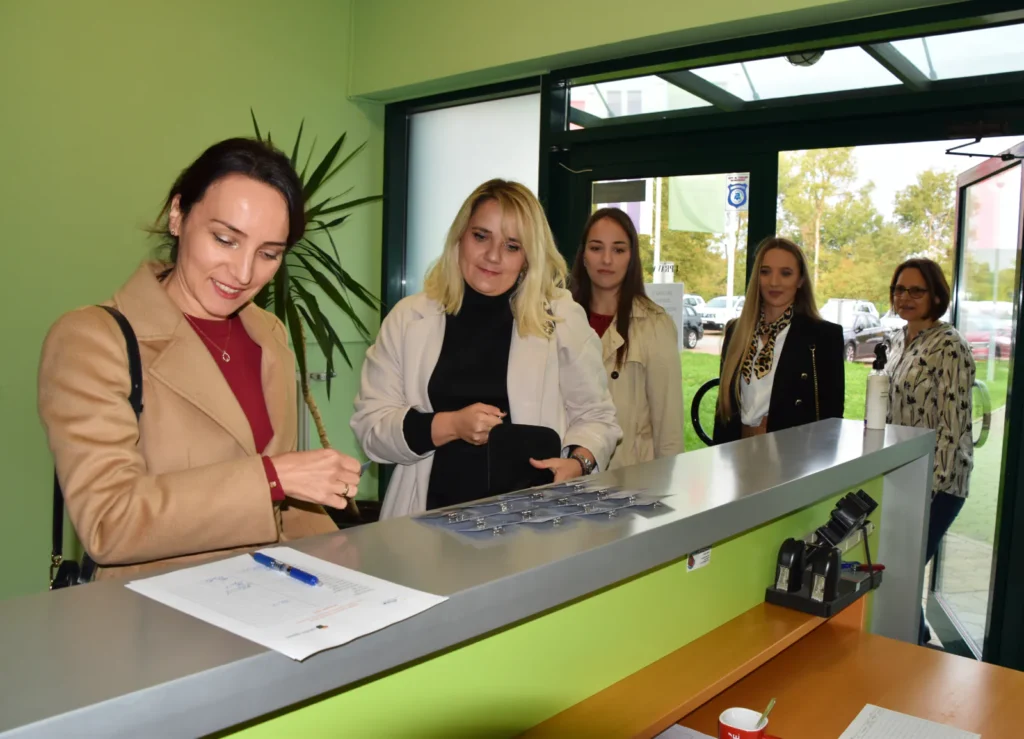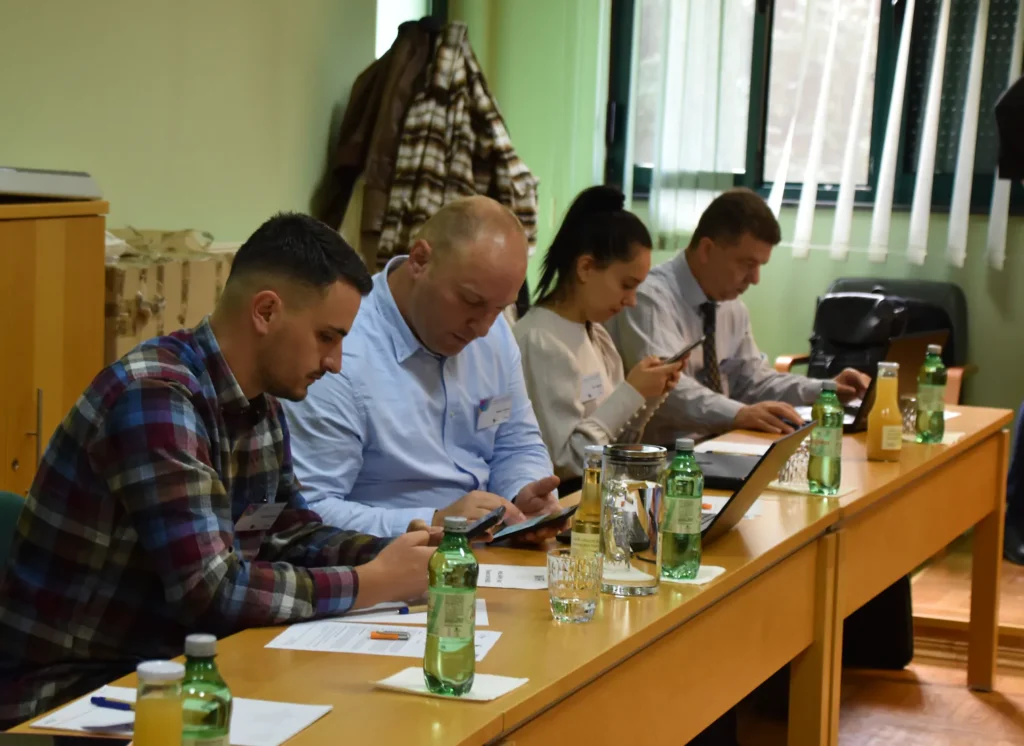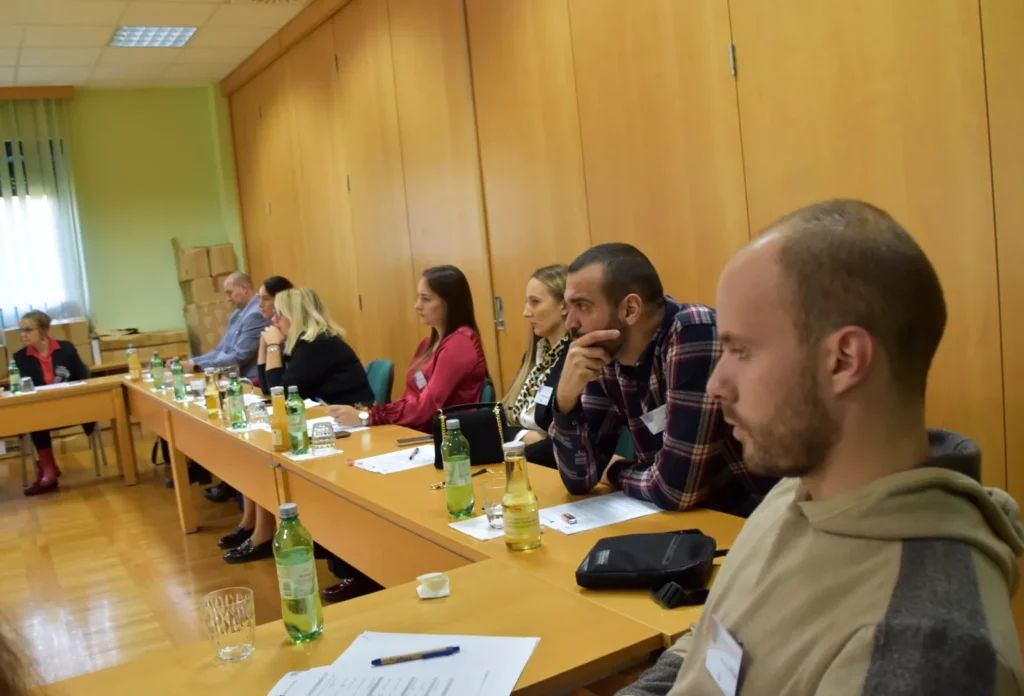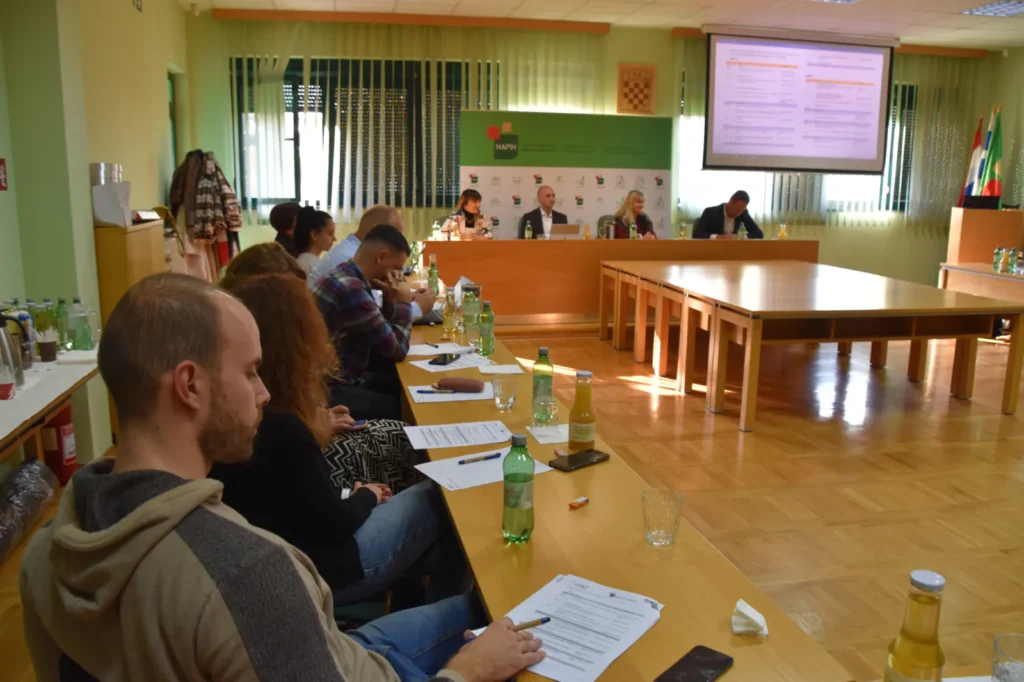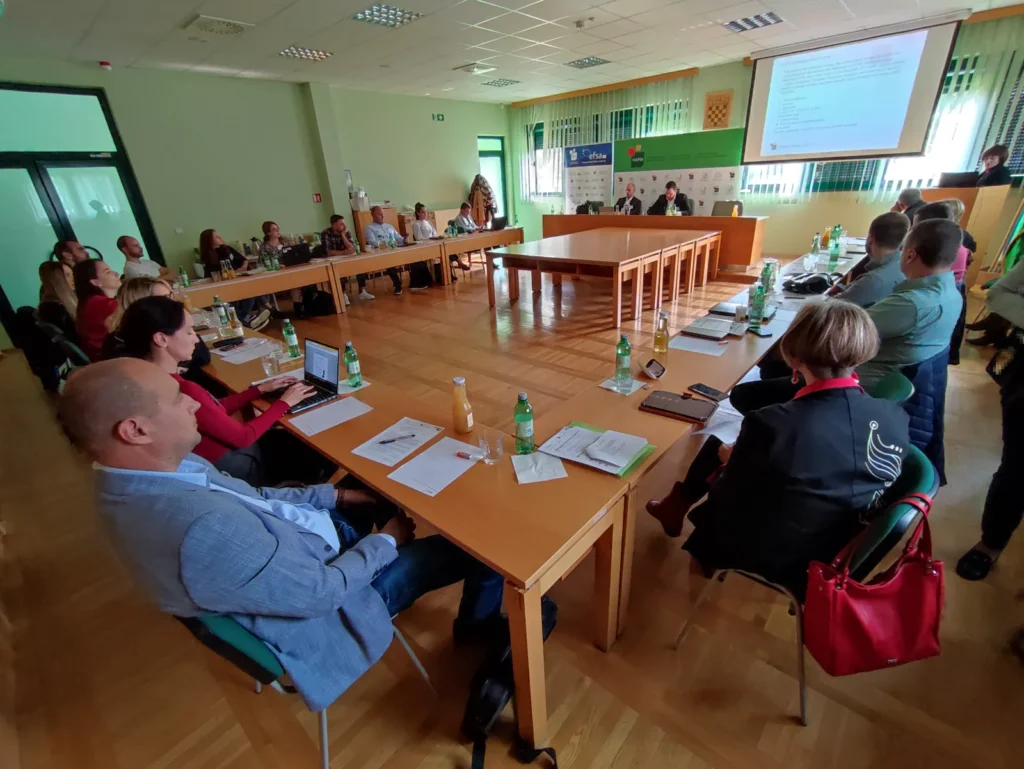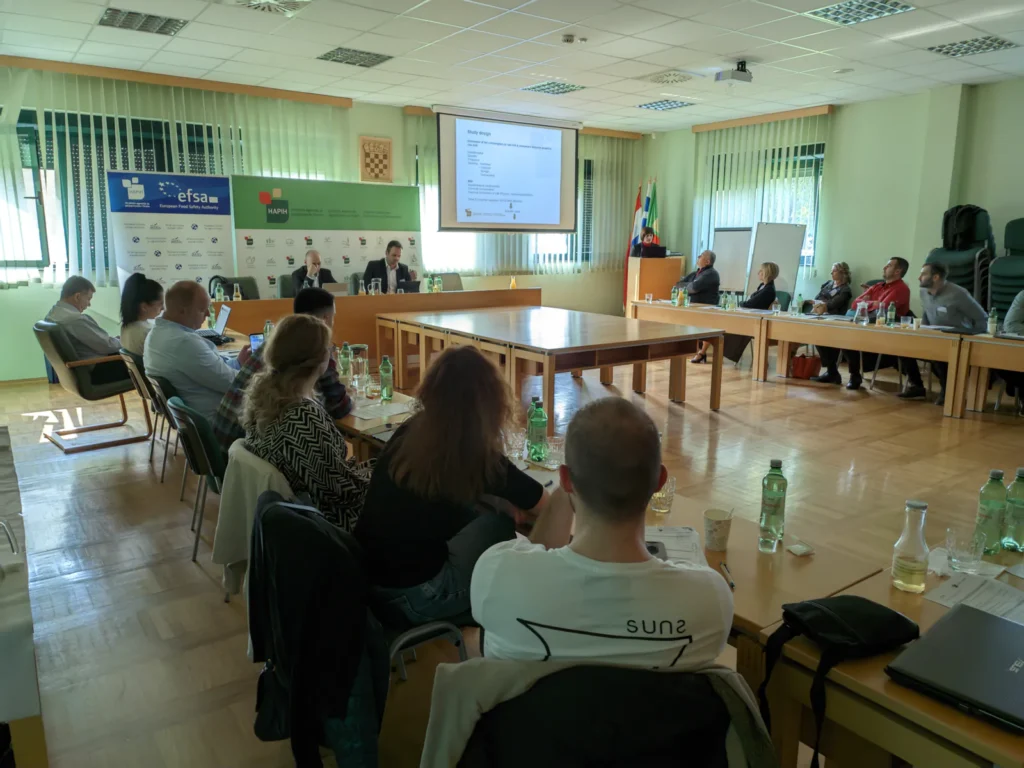This year, the third edition of Osijek Autumn School took place on October 12 and 13. Organised by the European Food Safety Authority (EFSA) and Croatian Agency for Agriculture and Food (HAPIH), the title of this year’s edition was Encouraging scientists from IPA countries to become risk assessors.
Experts from HAPIH and EFSA shared their knowledge and experience with twenty participants from six Pre-Accession countries – Albania, Bosnia and Herzegovina, Montenegro, Kosovo, North Macedonia and Serbia.
This, we can already say traditional autumn school, is the result of partnership cooperation between EFSA and HAPIH within the EU Pre-Accession program 2019-2023 (IPA II) financed by the European Commission. The host, HAPIH, is an integrated member of EFSA’s scientific cooperation network and EFSA Focal Point in Croatia.
“This is a long-term initiative within the EFSA Pre-Accession programs and we are grateful to HAPIH for its great support. A lot can be said about our successful cooperation so far, within which HAPIH experts will share their knowledge with school participants this year, representatives from the Western Balkan countries,” said Drago Marojević, EFSA’s Engagement and External Relations Officer, expressing satisfaction that after last year’s COVID-online edition the participants are gathering again, also thanking HAPIH for the warm hospitality. He announced the continuation of this successful program in the coming period with an increased budget.
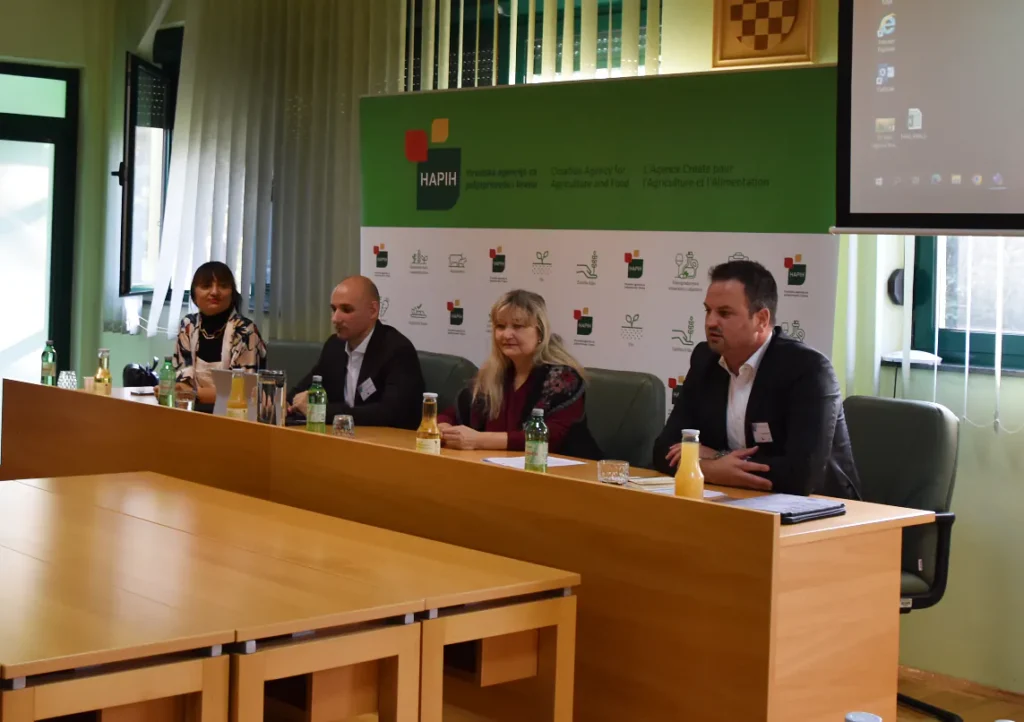
On behalf of the HAPIH Executive Director, Darja Sokolić, PhD, participants greeted Andrea Gross Bošković from the Center for Food Safety, also a member of the EFSA Advisory Forum, emphasizing that the program was prepared with the desire to exchange experiences in the area of risk assessment for improving the understanding of how to use the methodologies and apply the collected data.
“We believe that our guests will return to their organizations with new knowledge in food safety risk assessment and that by exchanging information and especially contacts, they will take another significant step in networking, both among the organizations of school participants and in connecting with EFSA,” said Andrea.
During the two-day programme of the autumn school, many topics were discussed through theoretical and practical examples, from the collection of food consumption data, zoonoses and food contaminants, microbiological and chemical risk assessment, to risk assessment related to pesticide residues and genetically modified organisms (GMO) as well as the risk communication.
All participants of the Autumn School also had the opportunity to participate in the conference on new technologies in agriculture, with an emphasis on the digitization, Agro.Rocks 2022. It was organized on the occasion of World Food Day by the Information System in Agriculture, Agroklub and the Society of Agrarian Journalists of Croatia with the support of Osijek-Baranja County, the City of Osijek and the Croatian Agency for Agriculture and Food.
